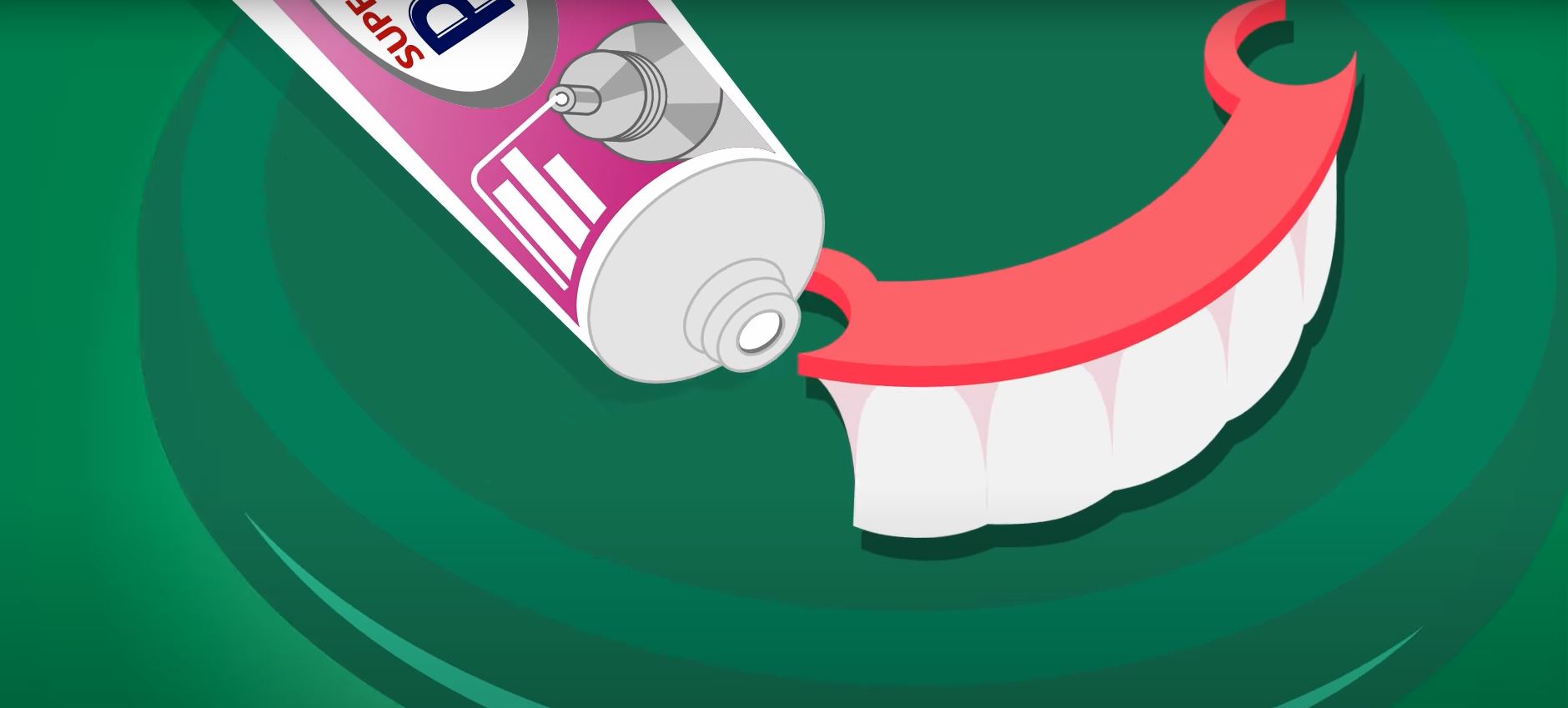
How Do Powder Denture Adhesives Work?
Denture adhesives keep your dentures fixed when they start getting loose. Not everyone needs these adhesives, but when you have them, your dentures fit better.
These adhesives come in different forms; pastes, pads, and powders. You place the adhesive in or on your dentures to keep the denture in place all day long. Your denture will be a good fit when you buy it. However, you will experience bone shrinkage over time, which leaves the denture loose. Your bone and gums change over time, which is why you need new sets of dentures every after about seven years.
If you need a little help to keep your dentures in place, then you may have decided to start using an adhesive. These products help false teeth stick to your mouth, making them sit more tightly and securely.
Denture adhesives are a temporary solution to loose dentures. They hold your dentures in place before you can have them relined or replaced.
How Does It Work?
Powdered adhesives work a little differently than other denture fixatives. These powders are not instantly sticky but are activated when you put your teeth in.
So, for example, you start by dampening your denture plates. This gives the adhesive a moist surface so it stays in place. Then, you put the powder on the plate. You can cover the whole plate with a sprinkling of powder or simply put it on areas that are usually a bit loose.
Once the powder is on your teeth, you put them in. The natural wetness in your mouth activates the powder and makes it sticky. It can then hold the teeth in place.
What Are the Benefits of Powder Adhesives?
Powdered adhesives have some benefits over other denture-fixing products. For example, they may stick better and create less mess.
If you use a wet cream adhesive, then you may find it hard to get the right amount on your plates. Use too little, and your dentures won’t be secure; use too much, and the cream might ooze out of the sides of your teeth. This doesn’t make your teeth look good, and it isn’t a pleasant sensation. Strip adhesives do not have this problem. However, they may not necessarily give you complete coverage over your plates.
A powdered adhesive gives you more accurate sticking control. You can cover all the areas you want in just the right amounts with no wastage.
While an adhesive may help hold your dentures in temporarily, this is not always the right long-term solution. If your dentures are now too loose to wear without extra help from a fixing product, then it may make sense to see your dentist.
Your dentist may be able to give your teeth a tighter fit by relining them so that you do not need an adhesive. Or, if your dentures are getting on a bit, they can help you get a new set.
